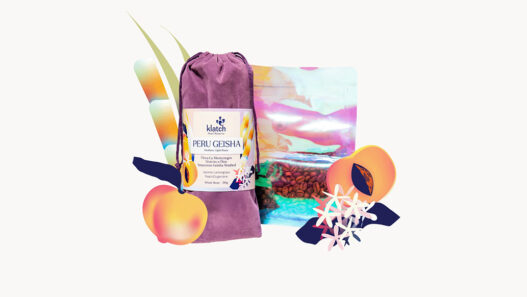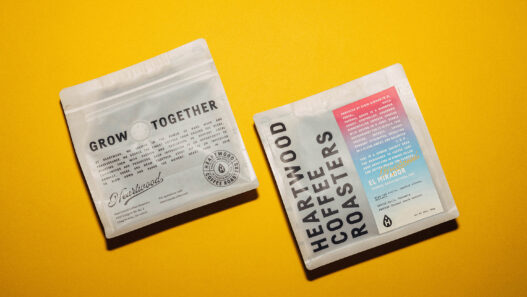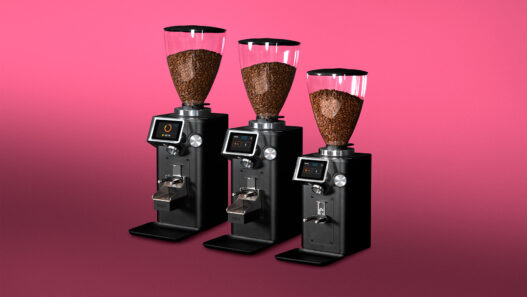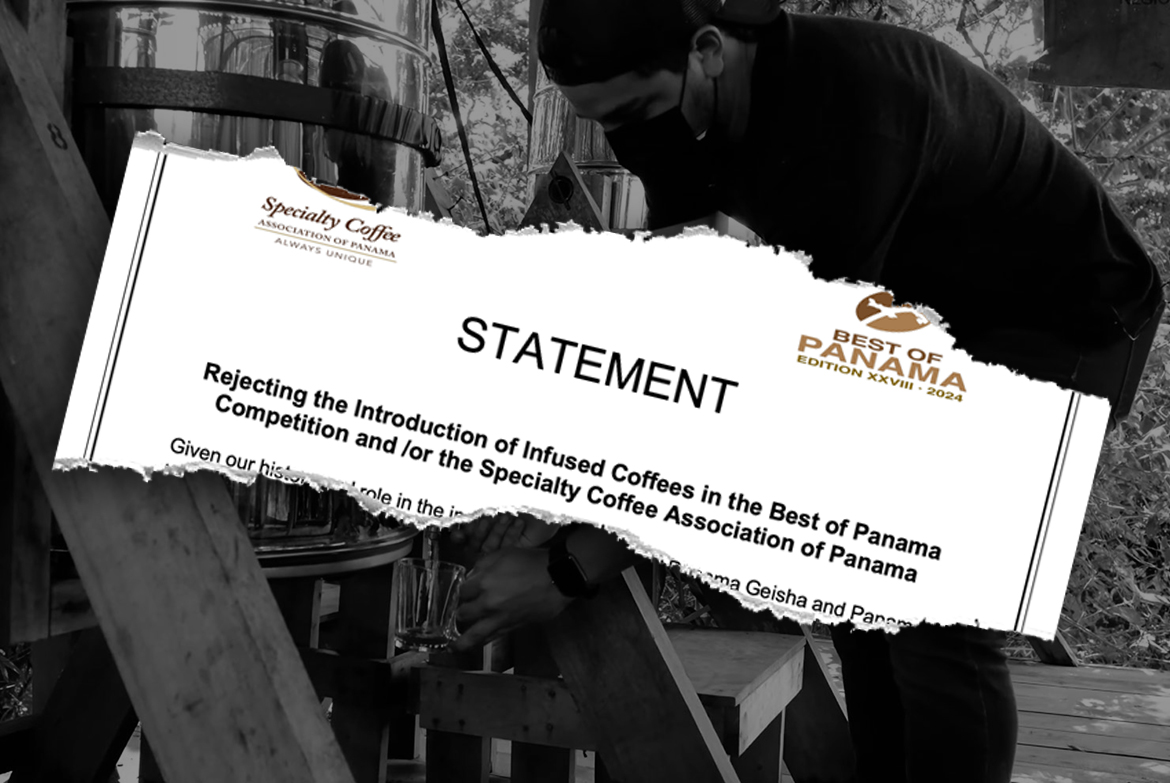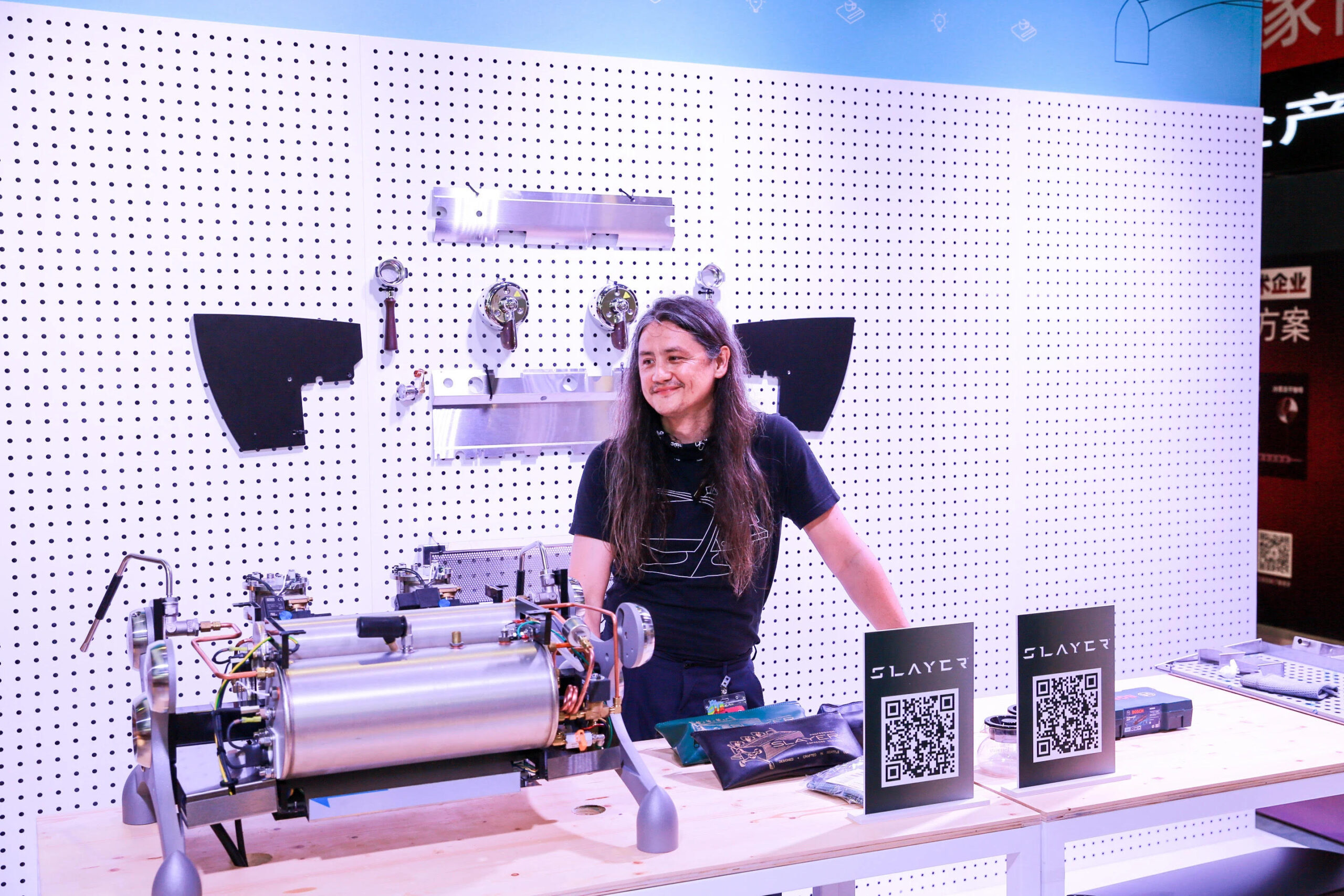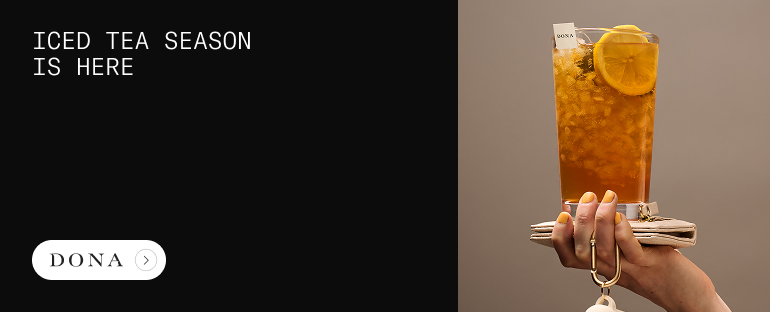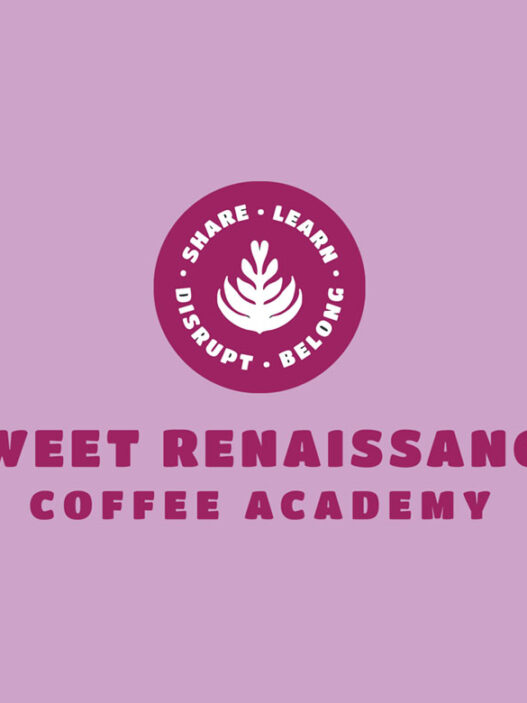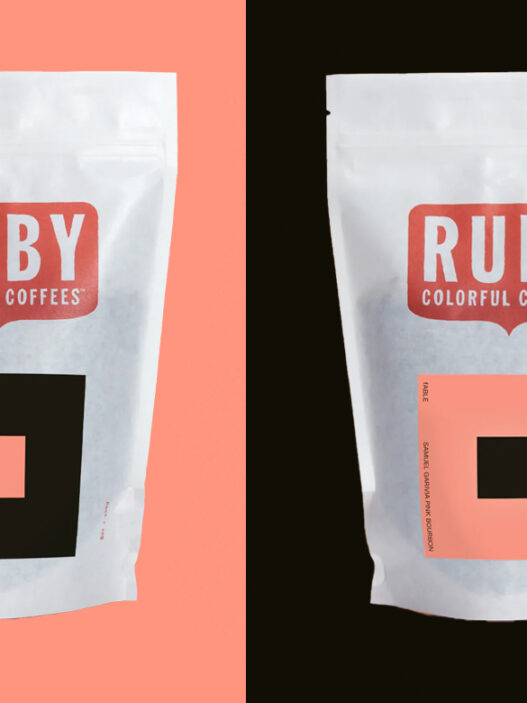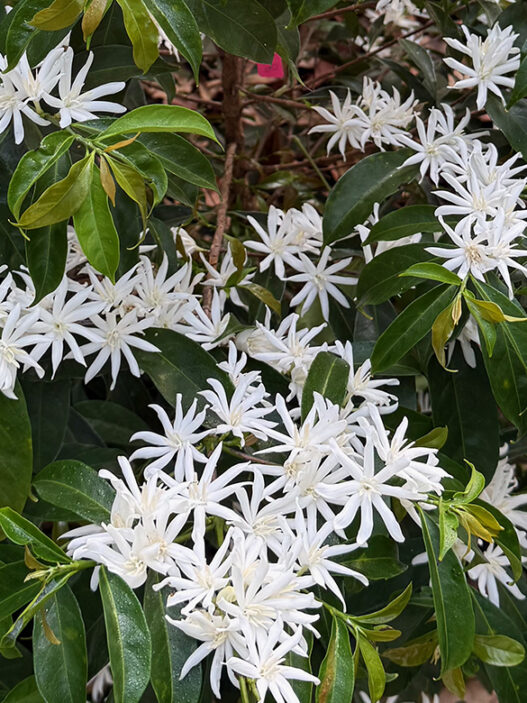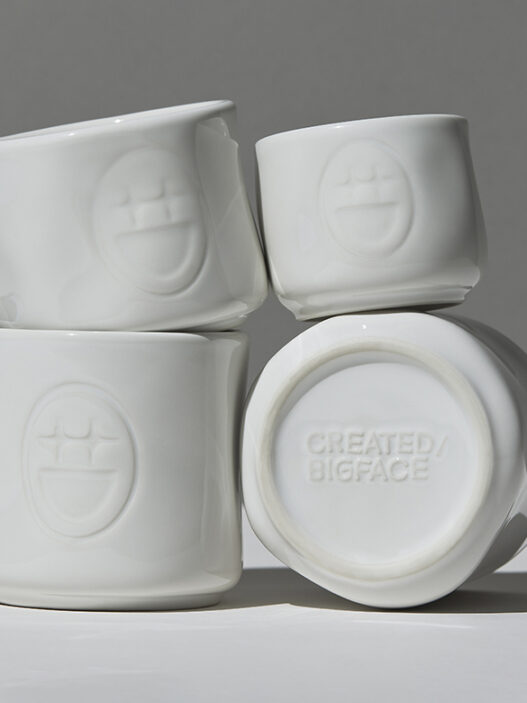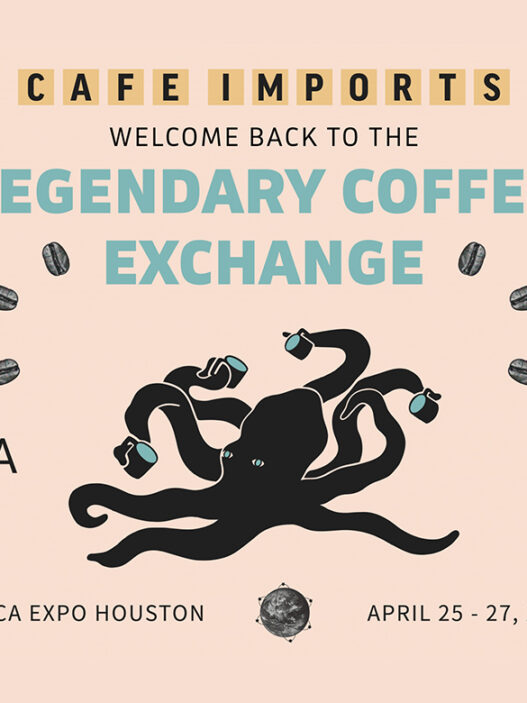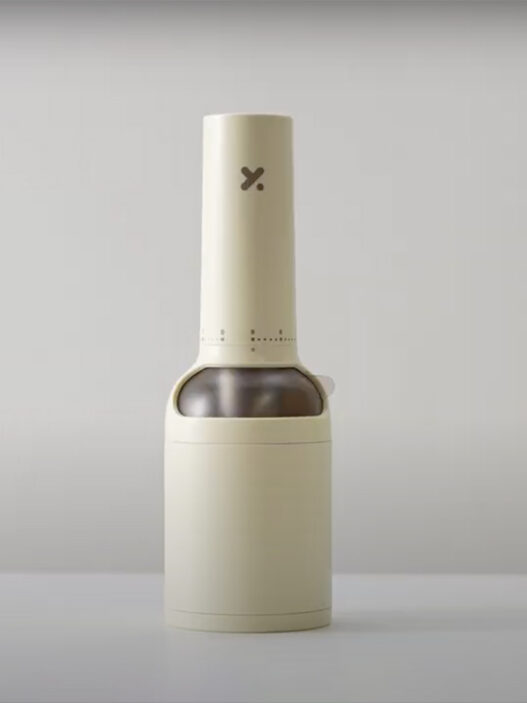If using priced fetched at auction as the sole indication of quality, the best coffees in the world are produced in Panama. They have consistently elevated the ceiling of what folks are willing to pay for the exceptionally rare, ultra-high-end coffees. And it’s not all marketing bluster; Panama Geshas routinely score in the 90+ range; at the 2024 Best of Panama competition that took place earlier this month, four coffees scored 95 points or higher.
But the latest Best of Panama competition was not without controversy. Specifically, some entries had undergone fruit infusions/co-fermentation. These coffees were disqualified from competition, and it led to the Specialty Coffee Association of Panama releasing a statement where they denounce in no uncertain terms the use of co-fermentation and infusions in Best of Panama coffees.
Posted on the Instagram account of Wilford Lamastus of Lamastus Family Estates—who won the Natural Gesha Category this year—the statement was penned by J. Hunter Tedman, the president of the SCAP (who also posted it on the account of Black Moon Farm, which he owns). Tedman describes the disqualified coffees as “altered from their natural DNA expression, with the intent to score higher and win by using foreign additives” in an “attempt to cheat.”
He goes on to describe the terms “co-fermented” and “thermal shock” as “deceptive” and used “to mislead buyers.” Tedman calls on other global competition bodies to do the same, stating the reason for the stance to be to “[ensure] food safety and [prevent] the artificial homogenization of different terroirs and varietals worldwide.”
Tedman suggests a new category be created for “altered or infused coffees… clearly distinguishing them from genuine Specialty Coffee.”
Infusions and co-ferments represent a new wave of post-harvest processing that has gained considerable traction over the past few years. And they certainly change the flavor profile of a coffee, much in the same way the more traditional washed and natural processing methods do. (One could certainly argue that if thermal shock processing allows a coffee to score high enough to be specialty grade, then it is in fact genuine Specialty Coffee, a designation that has historically been dictated solely by the cupping score.) This statement from the SCAP represents the first instance of a governing body taking a stance on the novel fermentation method one way or the other.
For more information or to read the full statement, visit the Specialty Coffee Association of Panama’s official website.
Zac Cadwalader is the managing editor at Sprudge Media Network and a staff writer based in Dallas. Read more Zac Cadwalader on Sprudge.




